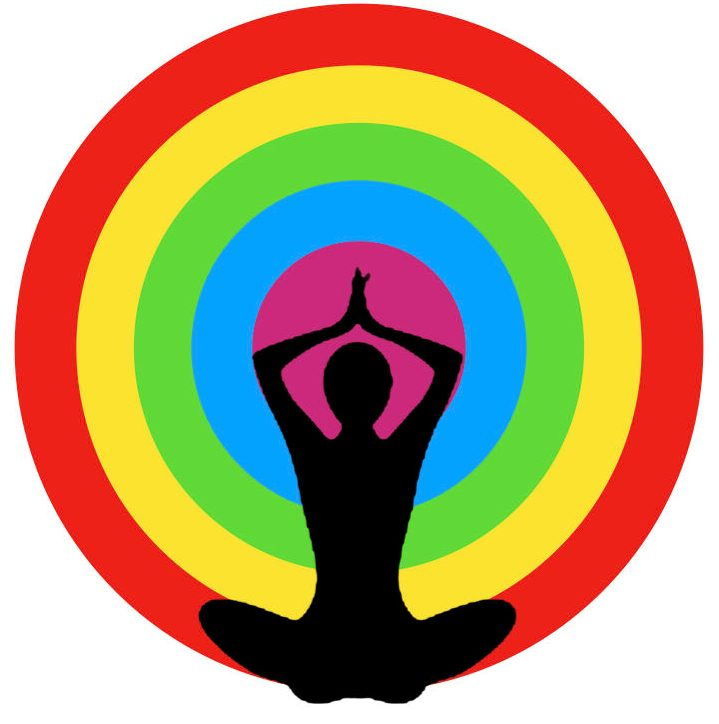“No one is free who has not obtained the empire of himself. No man is free who cannot command himself.”
– Pythagoras (Ancient Greek Philosopher)
“I feel a sense of emptiness, although I have a spacious house, good money, nice wife and children. Also, I am generally healthy.”
I asked him if he was interested to know the purpose of life; did he wonder the meaning of it all. He instantly said, “Yes, I want to know who am I and where am I going after death?”
I smiled, as I recalled how another man once exclaimed to me that ‘deeper’ questions on life is a luxury that he can ill afford to ask. He’s busy earning his daily livelihood and is happy if he has enough savings at the end of his month.
I also meet people who define happiness in terms of a meaningful relationship with their family and spouse. For others it’s the cause beyond their own- their country or spirituality- that goads them on to serve and contribute.
And many define bliss as gross gratification of senses- it’s simple food, wine, and sex for them.
Each of the examples above, reveal a life lived in the space of Koshas-sheaths, or layers that cover our real, conscious self- or the Soul- also known as Atma in Vedic literature.
Who really am I?
Just as a driver of a car is different from the vehicle he drives, I – the soul- is different from the various bodily designations we take. I may exclaim, “This is my hand” or “This is my body” and what we intuitively declare by such phrases is: my hand or body belongs to ‘me’ who is separate from it all. If I say, “This is my watch” I admit I am not the watch. Similarly, we know it’s ‘my’ body- I am not the bag of muscles, bones, stool, and flesh. There’s more to me, and that’s the soul- our inherent existence- where we find profound oneness and contentment with our selves.
To be continued…



